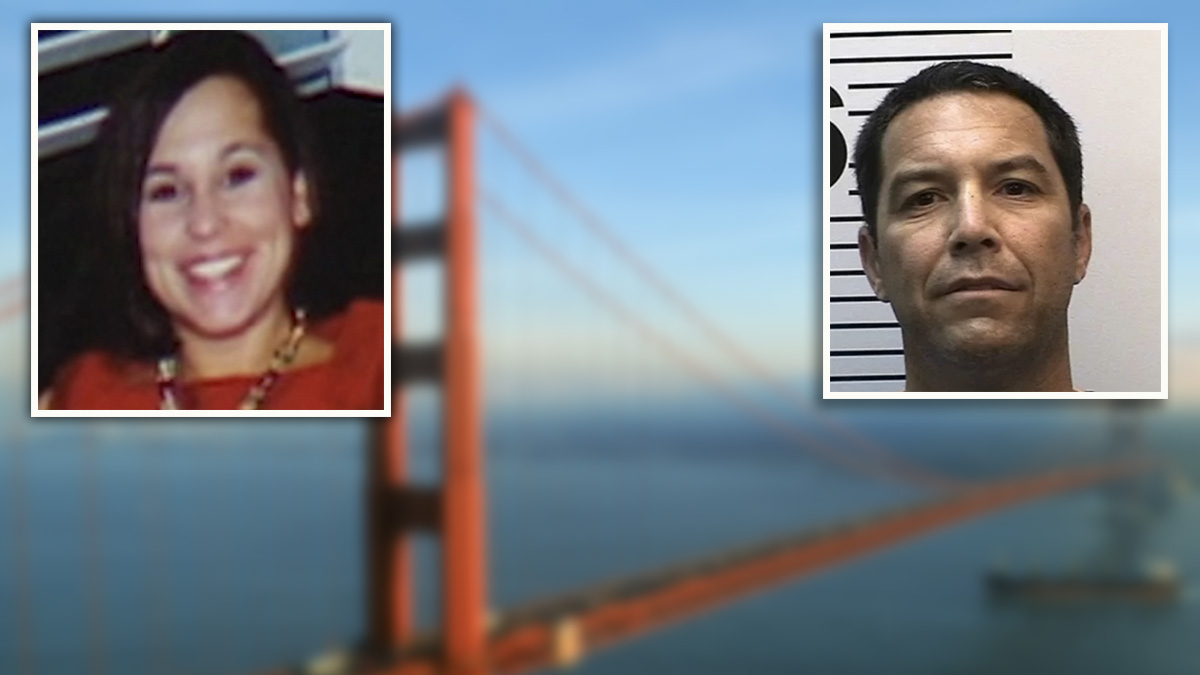Counties' overly stringent and varied GPS tracking policies are cycling California juvenile offenders back behind bars for minor infractions, according to a new report.
Rules for juveniles who wear GPS monitors were "unrealistically onerous," and "undermine the rehabilitative purpose of the juvenile justice system," said researchers at the University of California, Berkeley and the East Bay Law Center in a report slated for release Wednesday.
After juveniles are accused of committing crimes, a judge can choose to sentence them to serve time in a juvenile detention facility or require them to wear GPS ankle monitor and abide by a set of rules set by probation officials. Because there are no statewide policies in place, it is left to individual counties to establish the rules for juvenile probationers.
In Northern California's Larsen County juveniles are required to follow a set of 56 rules, but in San Francisco County juveniles are only subject to 10 rules and the rules vary from county to county, according to the report.
"People in one county didn't even know what the county next door's policies were," said Catherine Crump, an assistant clinical professor at the UC Berkeley School of Law.
The researchers also found that the current system disproportionately impacts youth of color.
Some counties require a parent be home at all times, that schedules be approved weeks in advance, or that landline phones be set up in the home, which could prove to be a hurdle for a child from a poorer home, said Kate Wesiburd, a supervising attorney at the East Bay Law Center.
California
News from across California
If they violate the rules, a judge could order the juvenile offender behind bars, often leading to a repetitive cycle in and out of juvenile detention facilities.
In several counties, families are also required to pay for the monitoring and are charged monthly usage fees and installation fees. Several California counties also bill families if their children are incarcerated in juvenile detention centers.
A bill wading its way through the state legislature would prohibit counties from charging parents for their children's incarceration.
Weisburd, who defends juveniles in court, said one of her teenage clients was arrested for trying to steal a classmate's backpack and was sentenced to probation with electronic monitoring. The teenager, who has attention deficit hyperactivity order, just couldn't stay in his house and repeatedly violated the monitoring rules, she said. The teen cycled in and out of juvenile detention center seven times, spending 18 months behind bars, she said.
The current system in place is "undermining rather than supporting and helping" juvenile offenders, Weisburd said.



